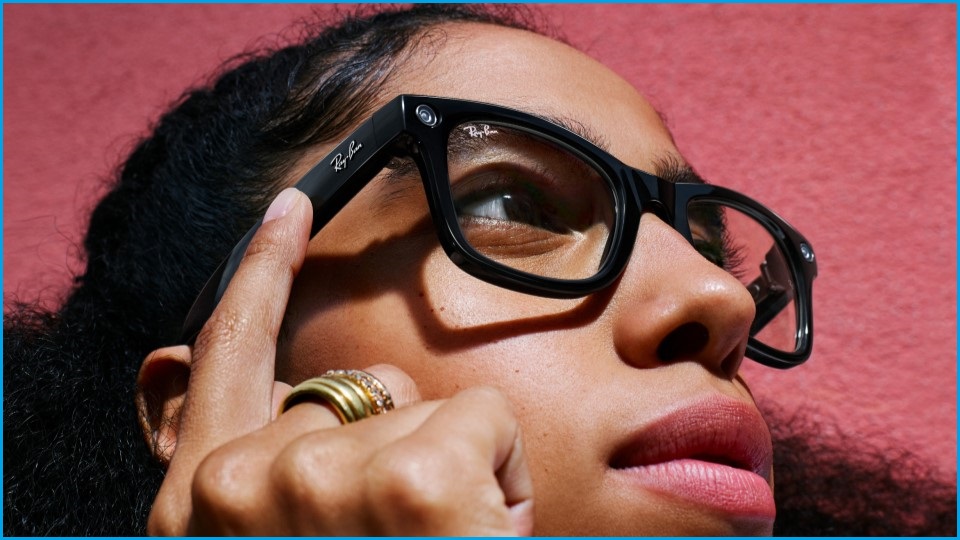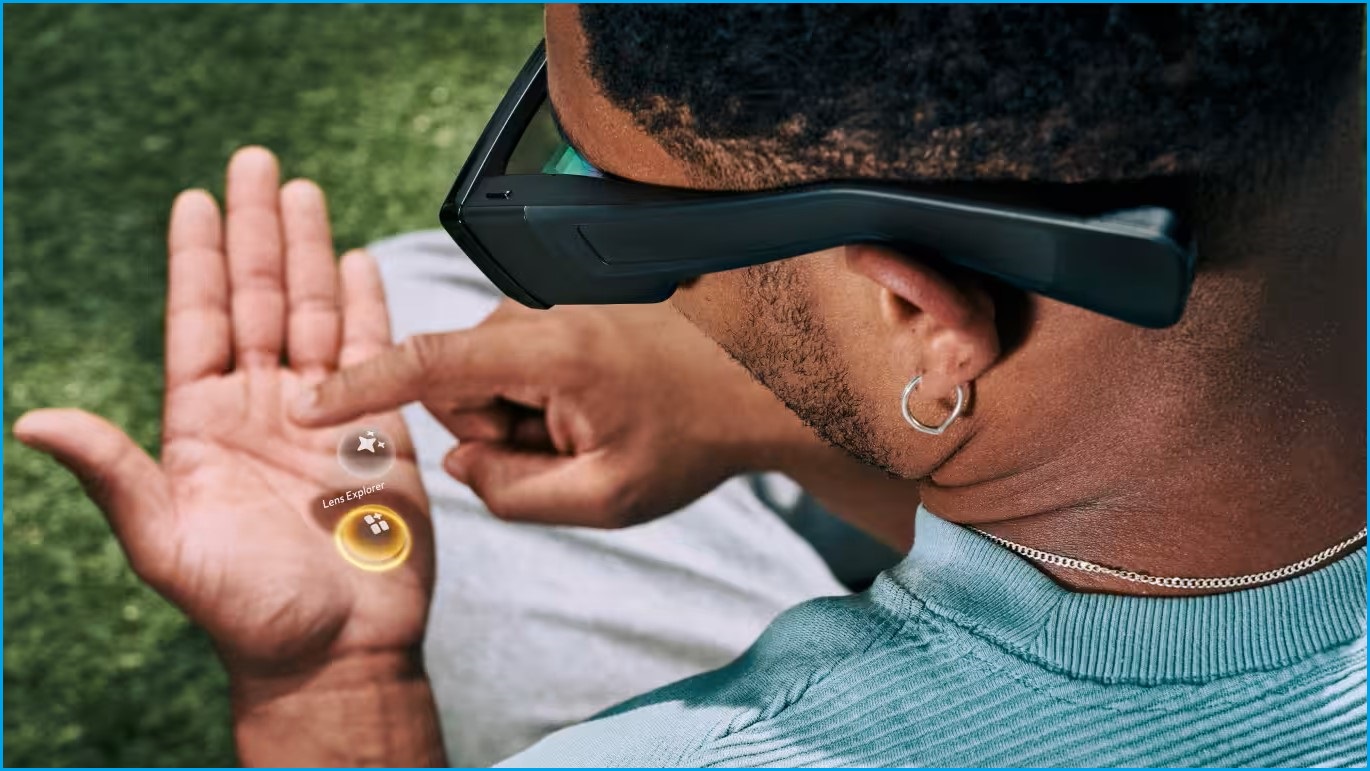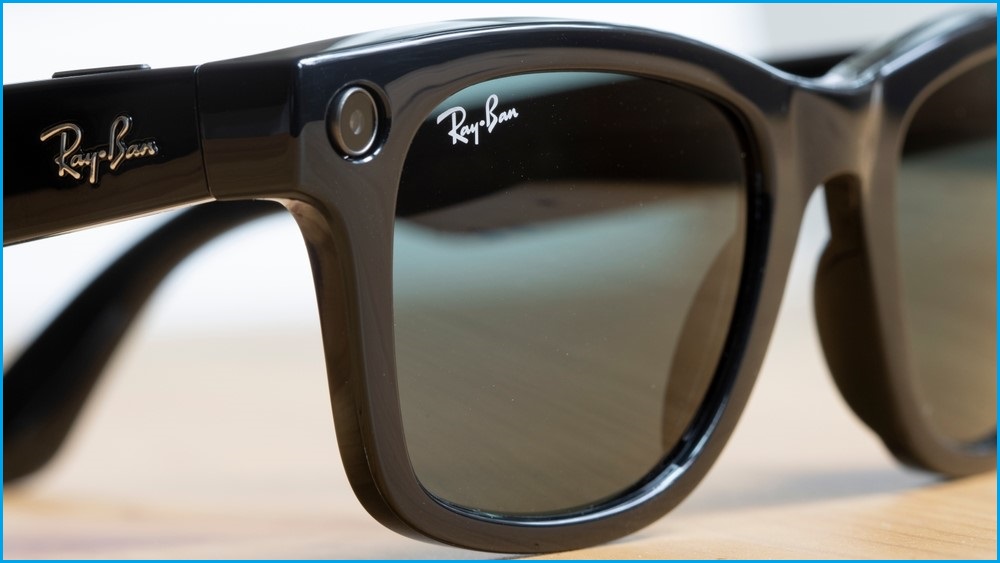Australians have admitted to using their smart glasses while driving and to film other people without their consent, raising concerns over public safety and privacy according to a new study.
The peer-reviewed research, led by social scientist Dr Fareed Kaviani from Monash University, used an online survey to ask more than 1,000 Australian adults — 58.6 per cent of whom owned and used smart glasses — about their views and use of the technology.
The study found 13.5 per cent of those who owned smart glasses admitted to using their devices in dangerous situations such as while driving or cycling, while 17 per cent admitted to using them to record other people without their consent or record in prohibited places.
Kaviani said it was “pretty frightening” that people had used their smart glasses while commuting but “more concerning” that a greater number of people used them in antisocial ways.
“It really highlights a need for regulations or guidelines — just public knowledge around what these devices are, what they can do, where it's appropriate, and where they shouldn't be used,” Kaviani told Information Age.
Younger age groups were found to be more likely to use smart glasses in dangerous or antisocial ways, but were also more likely to own a pair of smart glasses in the first place.
Non-wearers more concerned about privacy
The study found there was a “strong contrast” between participants who owned smart glasses and those who didn’t, Kaviani said.
While both groups felt the devices could be useful, those who did not own smart glasses were "far more concerned with privacy issues and also antisocial use and potential harms”, he said.
“Whereas people that did own the device, they had a lower concern about those things.
“They had a lot more positive feelings towards what the device represents for them and their sense of their identity — it aligned with their sense of self and their self-image.”
Kaviani said he was concerned that fashion brands such as Ray-Ban — which collaborates with Meta on its smart glasses — had marketed the emerging technology in the fashion space, which potentially minimised the fact that the devices could be used “in really harmful and dangerous ways”.
Like some other smart glasses, Meta’s smart glasses are equipped with cameras and microphones, and can live stream video from the wearer's face or send captured media to Meta’s AI services for analysis.
A circular LED light shines on the front of the device when it is recording — but its relatively small size has previously raised concerns from European regulators.

Ray-Ban Meta smart glasses can live stream video and send captured media to Meta's AI service. Photo: Meta / Supplied
The Monash University study comes after two Harvard University students made headlines in October when they managed to stream video from Meta’s smart glasses to AI facial recognition software and instantly retrieve strangers’ personal information from public databases, as 404 Media reported.
“There's the potential for these devices to be kind of manipulated with these after-market software upgrades so people can be recording and scanning your face, getting your personal data instantly in real time,” Kaviani said.
“And what could they do with that information? God knows.”
Calls for greater regulation
Under Australian law, individuals are not guaranteed a right to privacy in public spaces.
Local regulators have previously floated the idea of adding protections against intrusive uses of technologies such as smart glasses into Australia’s long-awaited updates to privacy laws.
The nation needs to be more proactive to minimise the risks of new technologies such as smart glasses, Kaviani said, which included monitoring their ability to gather audio, visual, biometric, and location data.
“I think we need more research to really understand how people are using this device and get a greater understanding of the risks and the emerging risks,” he said.
“I think that public awareness, usage guidelines, more regulation around unsafe behaviors — especially around younger users of the device — [are needed].
“… Because these devices can really be useful and assistive to individuals.
“So it's not about banning the device or making it harder to acquire, but it's really just about making sure that risks are mitigated and anticipated.”
Kaviani said he hoped risk mitigation features would eventually be more closely integrated "into the actual process and design of the product itself”.

Snap announced a new generation of its Spectacles smart glasses in September featuring augmented reality capabilities. Photo: Snap / Supplied
Meta’s smart glasses privacy guide encourages users to respect the rights of those around them and to turn off their glasses in sensitive spaces such as doctor’s offices and public bathrooms.
Vicky McArthur, a researcher at Canada's Carleton University, argued in September that Meta’s reliance on user behaviour “may not be sufficient to address the complex questions surrounding consent, surveillance and data exploitation”.
“Given the company’s track record with privacy concerns and its data-driven business model, it’s fair to question whether the current safeguards are enough to protect privacy in our increasingly digitised world still,” she wrote.
Bloomberg reported this week that Apple was also “exploring a push into smart glasses” after its Vision Pro augmented reality (AR) headset, which starts from $5,999, did not gain mainstream appeal.
Meta recently announced a prototype pair of AR glasses called Orion, while Snap debuted AR Spectacles exclusively for developers.
While the Monash University study did not involve any AR or virtual reality (VR) devices which displayed images in front of users, Kaviani said it was clear that smart glasses which incorporated such technology were “just around the corner”.










